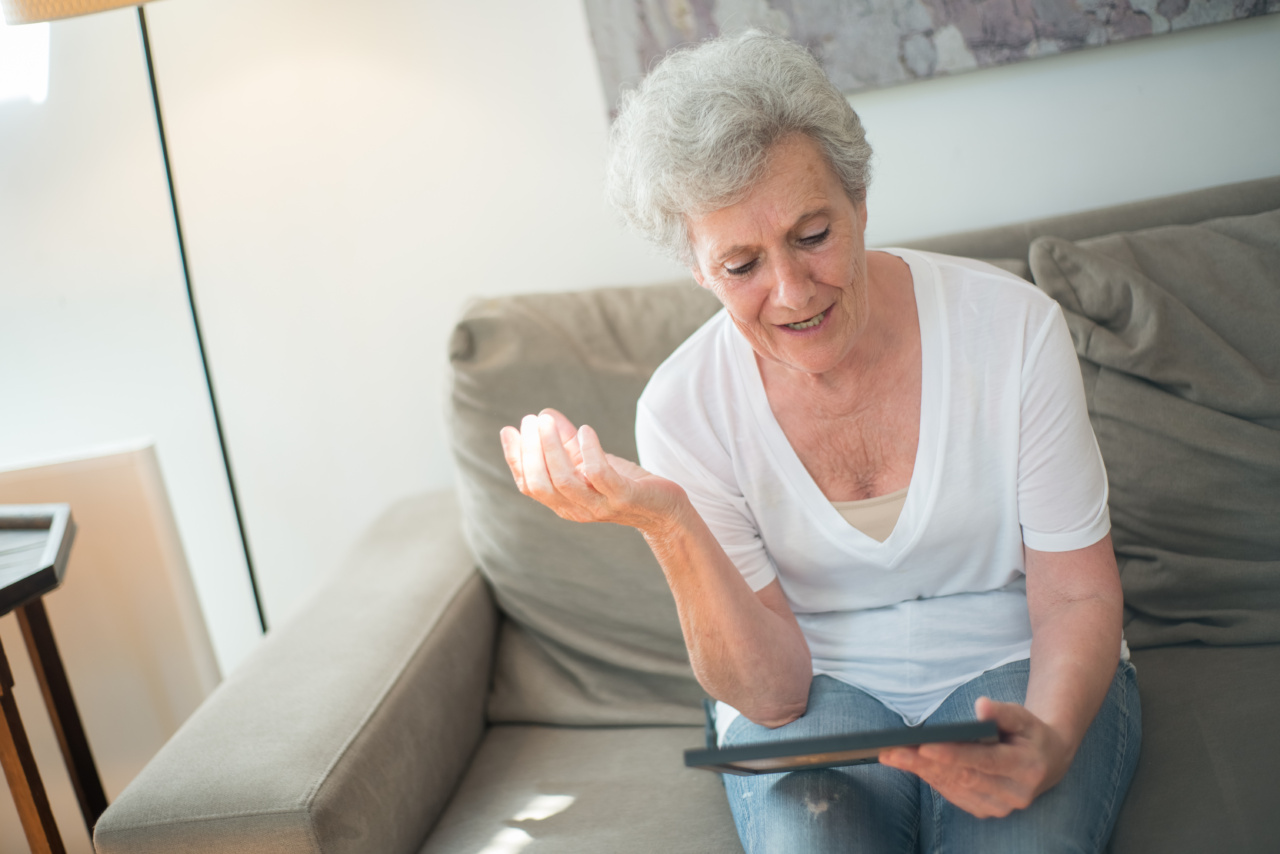Postpartum depression (PPD) is a common condition that affects many new mothers. It is a type of depression that occurs after childbirth and can last for months or even years.
PPD can make it difficult for women to bond with their newborns and can interfere with daily life activities. However, there are coping strategies that can help women navigate this challenging condition. In this article, we will discuss some of these strategies.
1. Seek help from a healthcare professional
The first step in coping with PPD is to seek help from a healthcare professional. This could be a doctor, nurse, or therapist who specializes in mental health.
They can help you identify symptoms, develop a treatment plan, and provide support and guidance throughout your recovery.
2. Join a support group
Joining a support group can be a valuable resource for women with PPD. Being around other women who are experiencing similar challenges can help reduce feelings of isolation and provide a sense of community.
Support groups can be found through hospitals, clinics, and online resources.
3. Prioritize self-care
Self-care is essential for women with PPD. This means making time for activities that nurture your physical, emotional, and mental well-being. This could include exercise, meditation, getting enough sleep, and spending time with loved ones.
4. Don’t be afraid to ask for help
It’s common for women to feel like they need to do it all when they have a new baby. However, it’s important to remember that it’s okay to ask for help.
Reach out to family members, friends, or a partner to help with tasks such as cooking, cleaning, or caring for the baby.
5. Manage stress
Stress can worsen symptoms of PPD. It’s important to find healthy ways to manage stress. This could include deep breathing exercises, yoga, or other relaxation techniques.
6. Avoid alcohol and drugs
Alcohol and drugs can worsen symptoms of PPD. It’s important to avoid these substances and instead seek help from a healthcare professional if you’re struggling with substance abuse.
7. Be open about your condition
It can be challenging to talk about PPD, but being open about your condition can help reduce feelings of shame and stigma. Share your experience with family members, friends, or a support group. This can help provide a sense of understanding and support.
8. Develop a routine
Developing a routine can help provide structure and stability during a difficult time. This could include setting a schedule for meals, exercise, and self-care activities.
9. Consider medication
In some cases, medication may be necessary to treat PPD. Talk to your healthcare professional about whether medication is appropriate for your individual situation.
10. Remember that recovery takes time
Recovering from PPD takes time and patience. Be kind to yourself and remember that it’s okay to take things one day at a time. Focus on small steps and celebrate progress along the way.





























